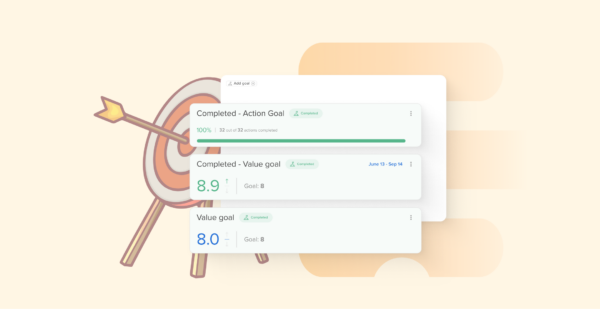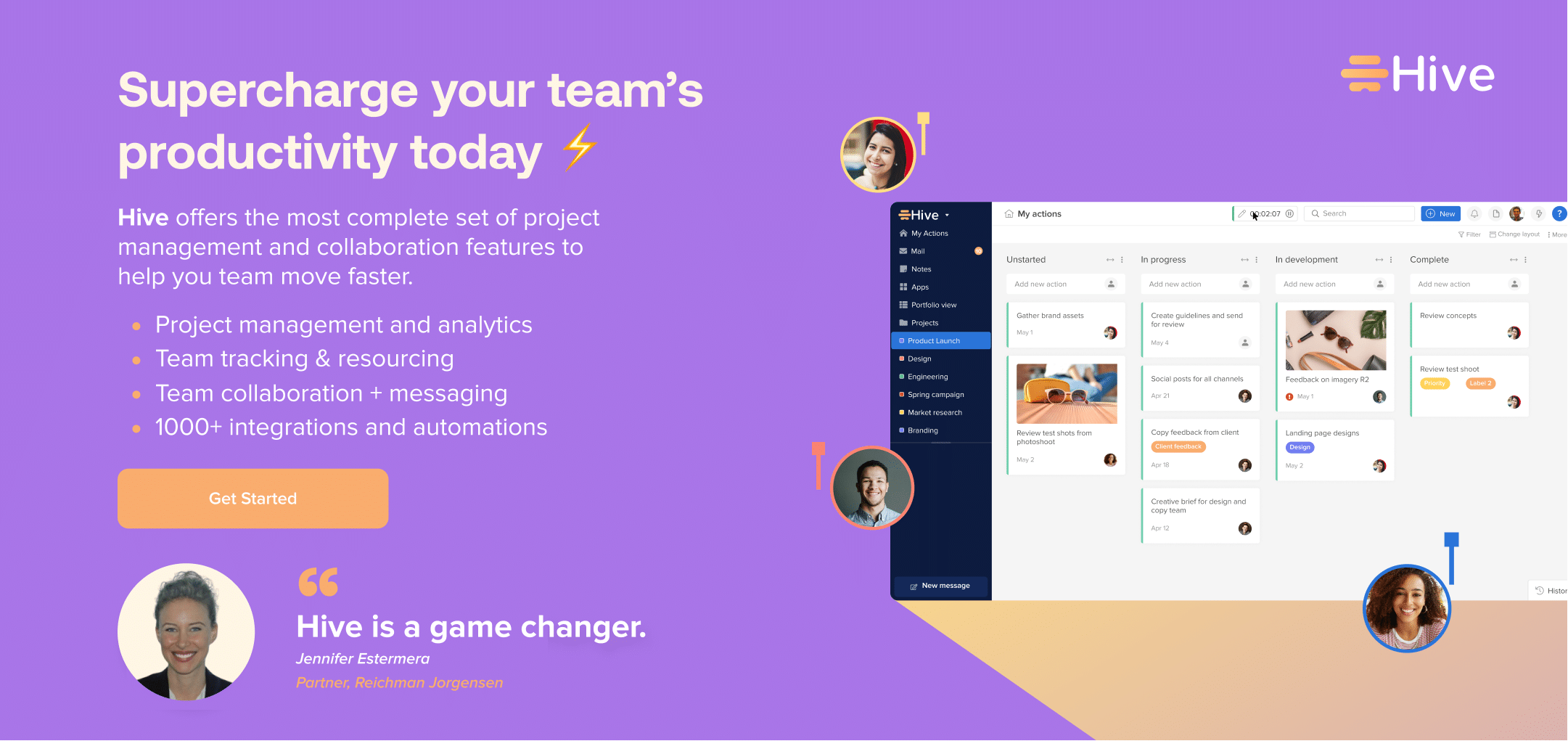We all have goals and ambitions. Goals can range from short-term goals, such as achieving a certain level of fitness, getting a promotion, losing weight, learning a new skill, or financial stability, to long-term goals, such as completing a degree, starting a family, or building wealth.
Goals are typically set to improve many areas of life, such as career, relationship, health, mental and intellectual well-being and personal development.
The key to setting effective goals is to make sure they are specific, measurable, achievable, relevant, and time-bound. This means they should be clear and well-defined, with a specific target and a deadline.
A well-thought-out goal will drive you toward success.
“Without goals, and plans to reach them, you are like a ship that has set sail with no destination,” says Fitzhugh Dodson, a clinical psychologist.
The idea of setting and achieving a goal can be scary. The thought of having to track everything you do from now until your goal is reached can also be daunting. But if you’re serious about reaching your goals, investing in a better process is key to success.
No matter the size of your goal, it will require a lot of work. And there’s no way you can accomplish everything you want in record time.
The first step to achieving any goal is to streamline your efforts. Ask yourself: How do I work with my mind and body to get closer to the goal daily? What actions do I need to take to reach my goals? When should I take those actions? And how can I make sure I stay committed?
Instead of focusing on what it takes to get from point A to point B in the most optimized way possible — most people focus on how they can take the fastest route possible from point A to point B.
Successful people focus on a set of habits, rituals and routines to get closer to the big picture — they don’t get distracted by the ultimate price. The one thing in common for everyone who has achieved success at anything is consistent, concrete daily steps.
A process-first mentality for achieving goals
If you want to achieve anything in life, the first step is committing to a system that will deliver the results you want — a plan to make progress consistently.
It doesn’t matter what your goal is — whether it’s getting a job, earning more money, getting out of debt or having a healthy retirement — you need a plan if you hope to succeed.
“Know what you want to do, hold the thought firmly, and do every day what should be done, and every sunset will see you that much nearer to your goal,” argues Elbert Hubbard, a philosopher, artist and publisher.
A goal is the desired result. A cycle of daily productive steps is what it takes to make real progress. A better process begins with gaining clarity on just that one thing: how you work best.
No matter how big or small your goal might be, by designing a system that works for not against you can deliver extraordinary results.
“If you want to succeed in any area of your life, “concentrate on what will produce results rather than on the results, focus on the process, not the prize,” says Bill Walsh, a legendary NFL coach.
A writer might want to write a book in a year. A process-first habit for achieving the desired outcome might be a commitment to a distraction-free daily writing session first thing in the morning. Or better still, block an hour or two every morning to write a few paragraphs daily.
If your goal is to get a promotion, your process might be focusing on optimizing your personal workflow to increase your contribution to your employer. If your goal is to climb the corporate ladder, your process might be honing your skills to improve your value over time so you become indispensable. If your goal is to appear on the first pages of search engines, your process might be to optimize your website and check it with the rank tracker.
An effective process is the specific steps you need to take until you finally achieve the goal — it tells you how and what to do. A good process for achieving goals can have a significant domino effect on the rest of your day, week, or month.
For example, if your goal is to read a great book every month, your process will be scheduling reading time every morning or later in the evening. That means knowing how long you want to read or how many pages you want to complete in a single sitting.
An hour is probably not sustainable. A better idea is to start with 10 or 15 minutes at a go and gradually increase how long you want to read at the scheduled time.
The goal is to build a repeatable reading habit, so if you don’t finish the book in a month, don’t be hard on yourself. If you can sustain the reading habit for at least a month, you can use the same process to read many more books in the future.
A repeatable process for achieving goals means concentrating on the details or productive steps, not the final results. You can keep refining the small but effective habits until you settle on a productive cycle you can repeat for as long as it delivers or gets you closer to your goal.
A process mindset directs your energy toward the essential tasks, habits or actions that need to be done daily. It clarifies what needs to happen to reach your goal or objective.
The ability to plan and visualize a goal is the first step toward its realization. Breaking your goals into smaller, more manageable chunks is the second step. By splitting the big picture into smaller daily actions, you can focus on the details that will produce the outcome you expect.
The final step is designing an actionable plan, a system or a process for accomplishing your goals. An effective process means you won’t have to worry about the outcome so much.
“What you get by achieving your goals is not as important as what you become by achieving your goals,” Henry David Thoreau, philosopher and environmental scientist, once said.
Nothing beats an efficient, productive process you can repeat when it comes to reaching extraordinary results in your life or career.

